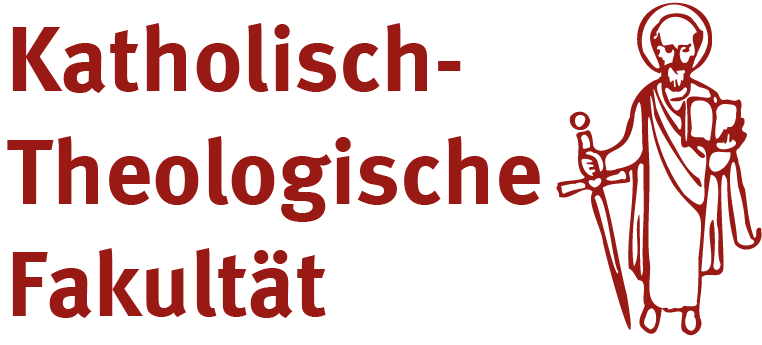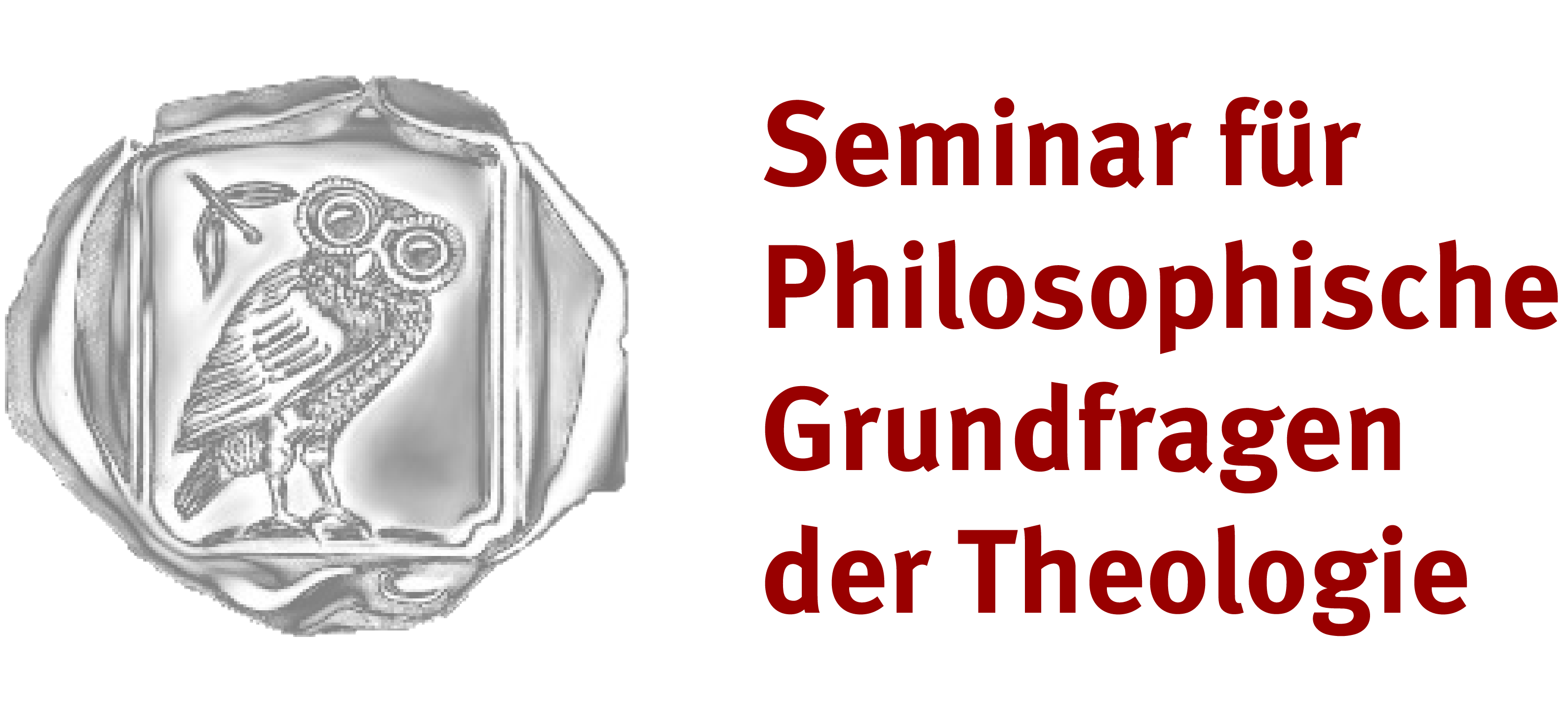Jesus-Folie
Zugleich Gottesdienst mit Gästen aus Ghana
Hochfest Johannes der Täufer B: Jer 1, 4-10 + Lk 1, 57-66. 80
I
Heute feiern wir den Geburtstag des Täufers Johannes. Um diese Gestalt – ikonographisch untrennbar verbunden mit dem Phänotyp des wilden Eremiten, der sich von Heuschrecken und wildem Honig nährt und ansonsten in Kapuzinermanier vom Leder zieht –, um diese Gestalt ranken sich seit je Spekulationen. Zuletzt hat vor einigen Jahren der Philosoph Christoph Türcke über ihn nachgedacht und versucht, mit dem Instrumentar der Freudschen Traumdeutung dieser Rätselgestalt und vor allem ihrem Verhältnis zu Jesus irgendwie näher zu kommen. Anlass für dieses Unternehmen war ihm das Gefühl, dass die Dinge so einfach nicht liegen, wie sie uns in den Evangelien erzählt werden: Johannes eben als der Vorläufer Jesu, der dann zurücktritt, wenn der Wanderprediger aus Nazaret nach seiner Taufe durch diesen Johannes seine eigene Tätigkeit aufnimmt. Und dann seine Hinrichtung durch Herodes – und Ende.
Aber könnte es nicht sein, so der Philosoph, dass sich unter dieser glatten Oberfläche ein komplexes Drama verbirgt - etwa das Drama einer schwierigen Beziehung zwischen Jesus als einem Jünger des Johannes und diesem asketischen Propheten am Jordan, - das Drama, das darin besteht, dass sich Jesus irgendwann von diesem Gotteskünder trennt, ja trennen muss, weil er sich im Innersten gewiss wird, dass man von Gott noch anders, noch radikaler sprechen muss, als das der Täufer getan hat?
II
Mutmaßungen, gewiss. Man muss sie nicht teilen. Aber sie könnten Anlass sein, ein wenig genauer nachzudenken über das Zueinander beider Gestalten in der Geburtsstunde des Evangeliums. Etliche der Kirchenväter bewegten sich auf solchen Gedächtnisspuren, in besonderer Weise Augustinus, der Bischof von Hippo. In einer seiner Predigten heißt es mit Blick auf den Geburtstag des Täufers heute, genau sechs Monate vor dem Weihnachtsfest:
Damit der Mensch lerne, kleiner zu werden, wurde Johannes an dem Tag geboren, von dem an die Tage abnehmen; um uns begreifen zu lassen, dass Gott erhoben werden muss, wurde Christus an dem Tag geboren, von dem an die Tage wieder länger werden. Darin liegt ein tiefes Geheimnis.
Und an anderer Stelle bezieht sich Augustinus auf die Geschichte aus dem Lukasevangelium, wie Johannes’ Vater, der Tempelpriester Zacharias, bei der Ankündigung der Geburt seines Sohnes stumm wurde, da er dem Verkündigungs-Engel nicht glaubte, aber dann anlässlich der Beschneidung des Johannes, da dieser seinen Namen erhält, seine Sprache wiederfand
Wenn Johannes sich selbst angekündigt hätte, [schreibt Augustinus] hätte er nicht den Mund des Zacharias geöffnet. Die Zunge löst sich, weil die Stimme geboren wird. In der Tat: Stimme ist Johannes, während es vom Herrn heißt: Im Anfang war das Wort. Johannes ist Stimme für eine kleine Weile. Christus aber ist das ewige Wort seit Anbeginn.
Und man darf, man muss sich wohl dazu denken: Die Stimme ist Dienerin des Wortes, gewiss. Aber ohne sie würde das Wort auch nicht vernehmbar werden. Oder mit Blick auf die Verkündigung des Täufers und die Predigt Jesu gesagt: Ohne den Hintergrund des drastischen Gerichtsgemäldes des Johannes würde die Predigt Jesu von dem Gott, der seine Sonne aufgehen lässt über Böse und Gute und regnen lässt über Gerechte und Ungerechte und damit alle menschlichen Bilder von Gericht und Urteil sprengt, weil er zuerst und zuletzt durch Güte richtet, indem er die Sünder bestürzt durch seine Zuvorkommenheit – dieses Evangelium könnte ohne den Täufer gar nicht seine irritierende Wucht und, ja, wenn man es denn einmal zu glauben wagt, seine unendliche, tröstende Schönheit entfalten.
III
Darum ehren wir den Täufer Johannes als eine Art Proto-Evangelisten. Und er ist der einzige Heilige neben Maria, dessen Geburtstag wir im Kirchenjahr begehen. Weil er – wie Maria – der Geburt Jesu so nahe steht wie kein anderer.
Englische Version/English version
I
Today we celebrate the feast day of Saint John the Baptist’s birth. This figure – inseparably linked through his iconographical depictions of the phenotype of an hermit, who’s food was locusts and wild honey and his striking manner resembled a Capuchin monk –, this figure has always been object of wide range of speculation. Lately the philosopher Christoph Türcke reflected upon this figure and tried to determine the mysterious person and especially his relation to Jesus by using the Freudian method of dream interpretation. This venture rooted in him sensing that things are often not as simple as they may seem, as well in the narrative of the Gospels: John as the predecessor of Jesus, who stepped back after he baptized the itinerant preacher from Nazareth, followed by his execution through Herod – the end.
Wouldn’t it be possible, the philosopher questions, that a complex drama was hidden under this soothing surface: What if there was a more then tense relationship between Jesus and the ascetic and prophetical man at the river Jordan, because Jesus used to be one of his disciples? What if Jesus realised in his inner self that God has to be proclaimed in a way more radical than John ever did? What if he therefore parted with the Baptist to set on his own movement?
II
Speculations, clearly. No one has to agree. But still, this idea can bring forth and a valuable reflection on their relation in the hour of birth to ones mind, as todays Gospel portrays. Several church fathers took this reflection upon themselves. Especially St. Augustin of Hippo. In one of his sermons/homilies he reflects upon their birth feats days in the liturgical year being celebrated six months apart:
So we may learn to become small, John was born on the day, when the days shorten; So that we may grasp, that God has to be held high, Christ was born on that day, when the days lengthen. This bears a deep mystery.
Another time St. Augustin refers to the Gospel according to Luke: where it is told that Johns farther, the temple priest Zacharias, became muted by not believing the annuncement of the birth of his son by an angel but regained his voice after naming him John at the day of circumcision.
If John would have proclaimed himself, [Augustin writes] he could never have opened Zacharias lips. His tong was loosened because the Voice was born. Truely: The voice is John, while it is said about the Lord: In the beginning was the Word. John is the voice for a short while. But Christ is the eternal word from the beginning.
One could, actually should, relate this thought: The Voice is the servant to the Word, surely. But without the voice the word would not be audible. Therefore, the Baptist preaching’s and the preaching of Jesus responds to one another: Without the horrific image of the judgement John proclaimed, Jesus preaching of God – who lets the sun rise and set above the wicked and just, who lets the rain fall on the just and unjust and therefore shatters all mere human ideas of judgement and sentence because he judges firstly and lastly through his goodness; dismaying all sinners through his compassioned proexistence – these Good News wouldn’t be preachable without the Baptist in its awakening force. Yes, if one is daring enough to have faith in this, it could unveil and unfold its endless and consoling beauty.
III
That is why we revere John the Baptist as a pre-proclaimer of salvation. He is the only Saint besides the Virgin Mary, whose birthday we celebrate in the liturgical year of the church. Because he – like Mary – is closely knit to the birth and the very person of Jesus as no one else.


